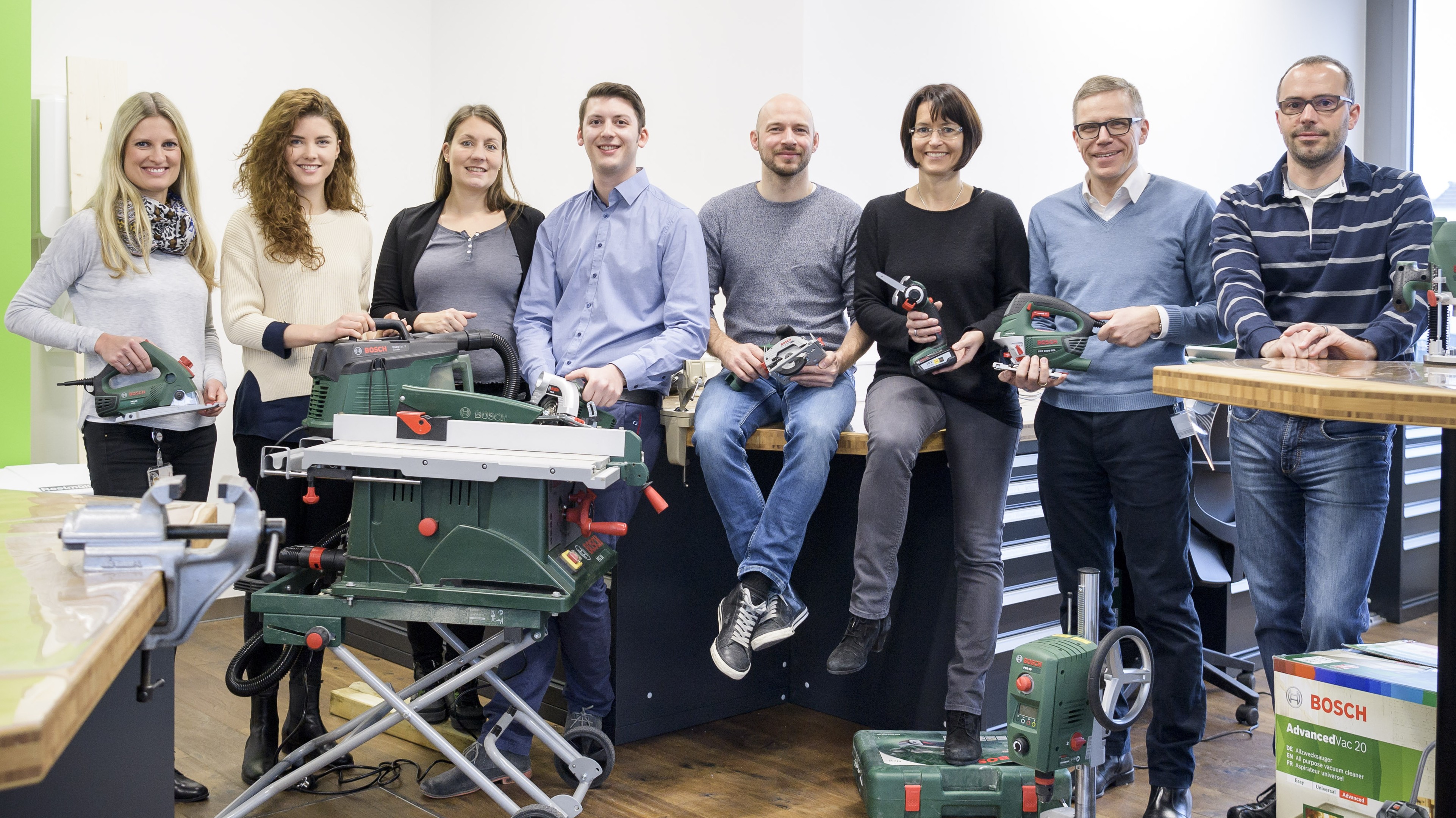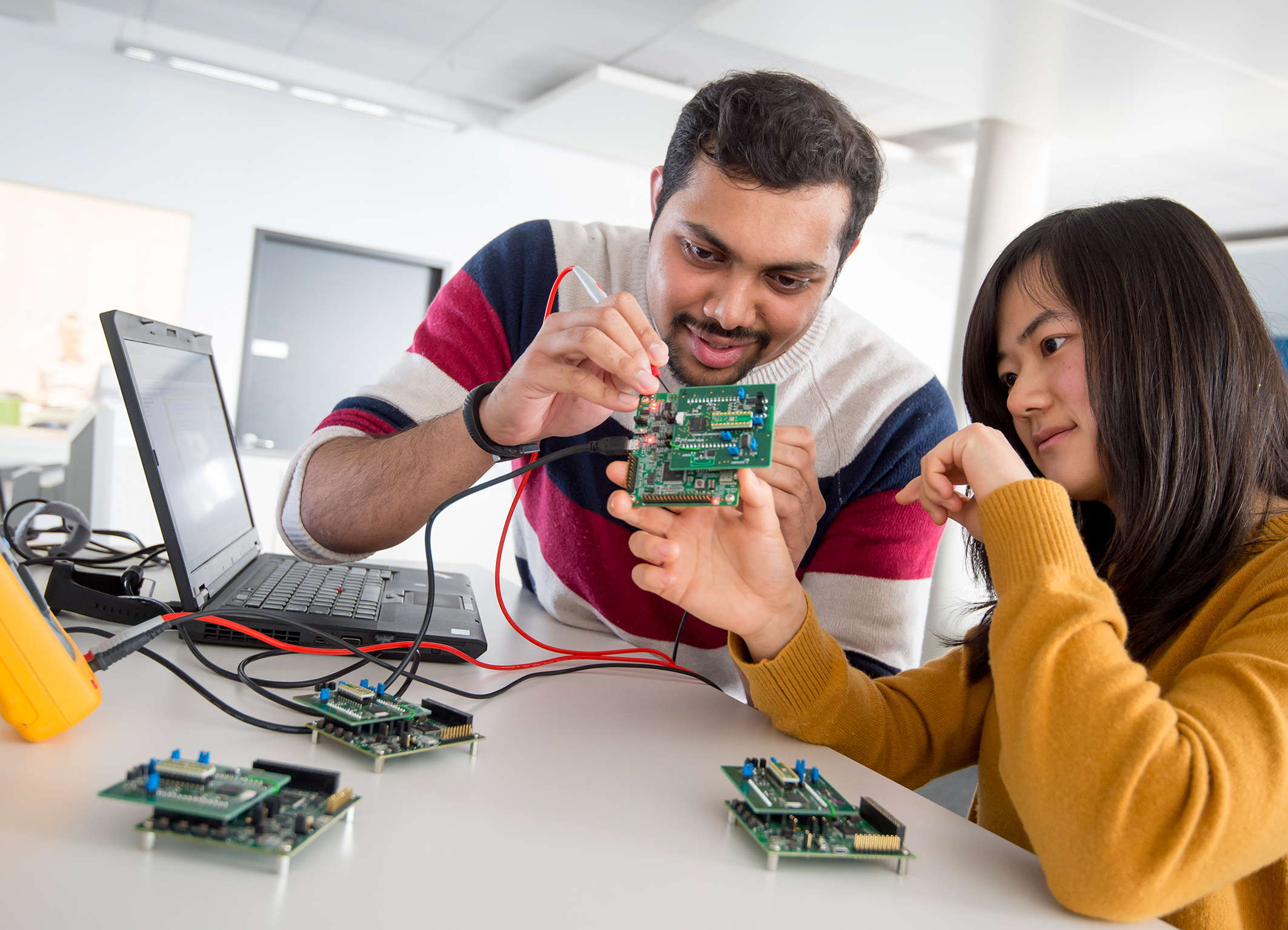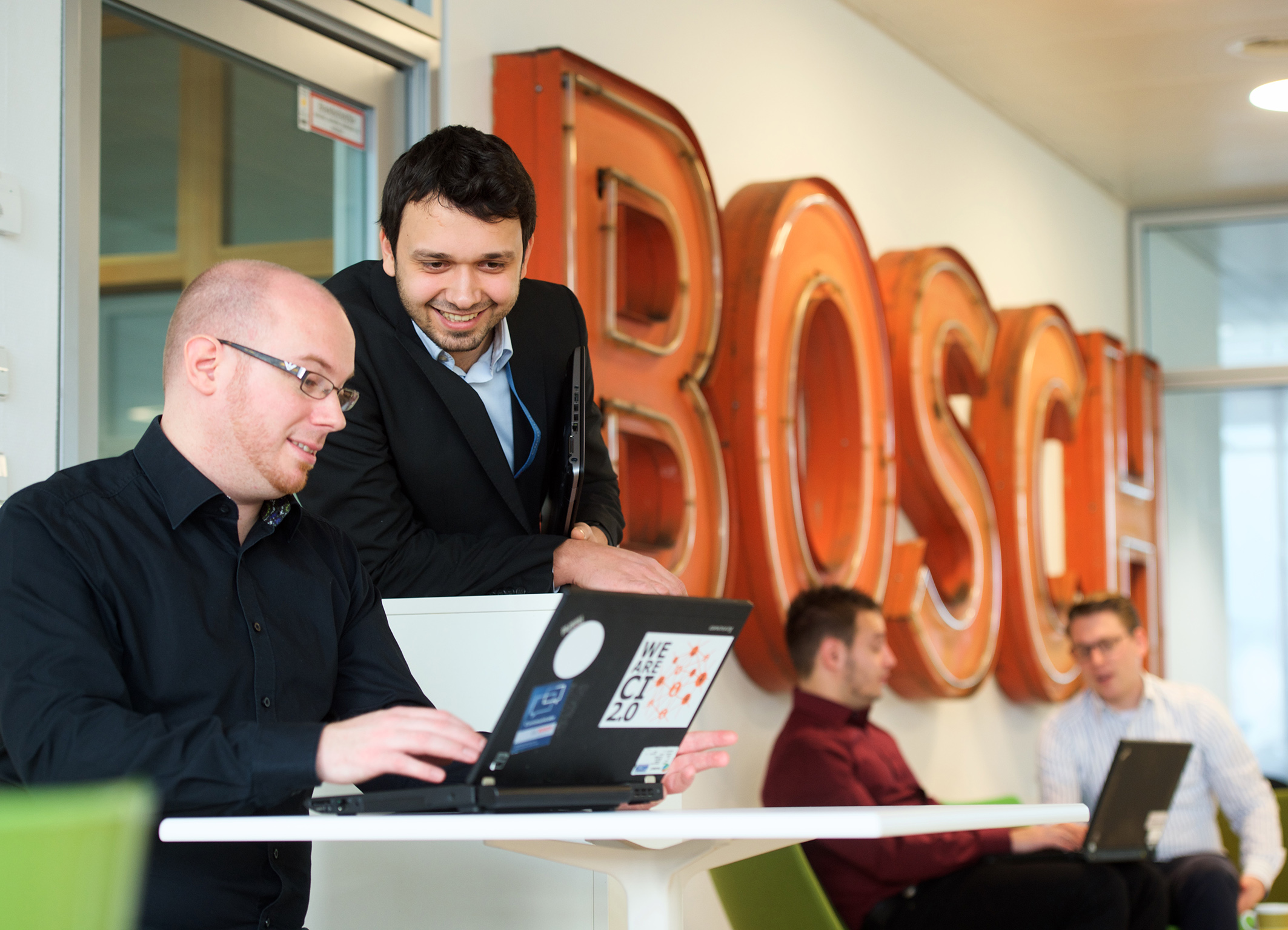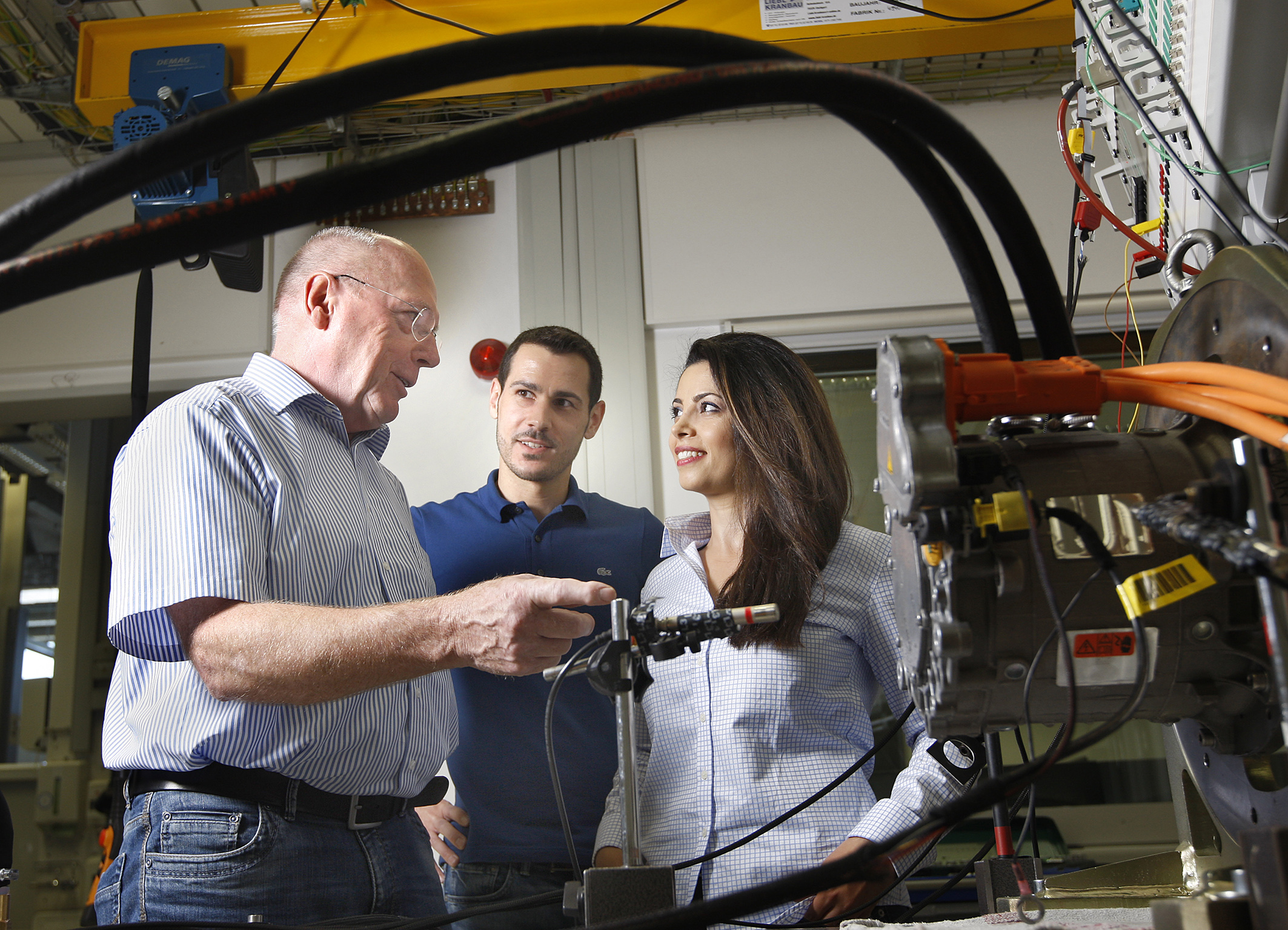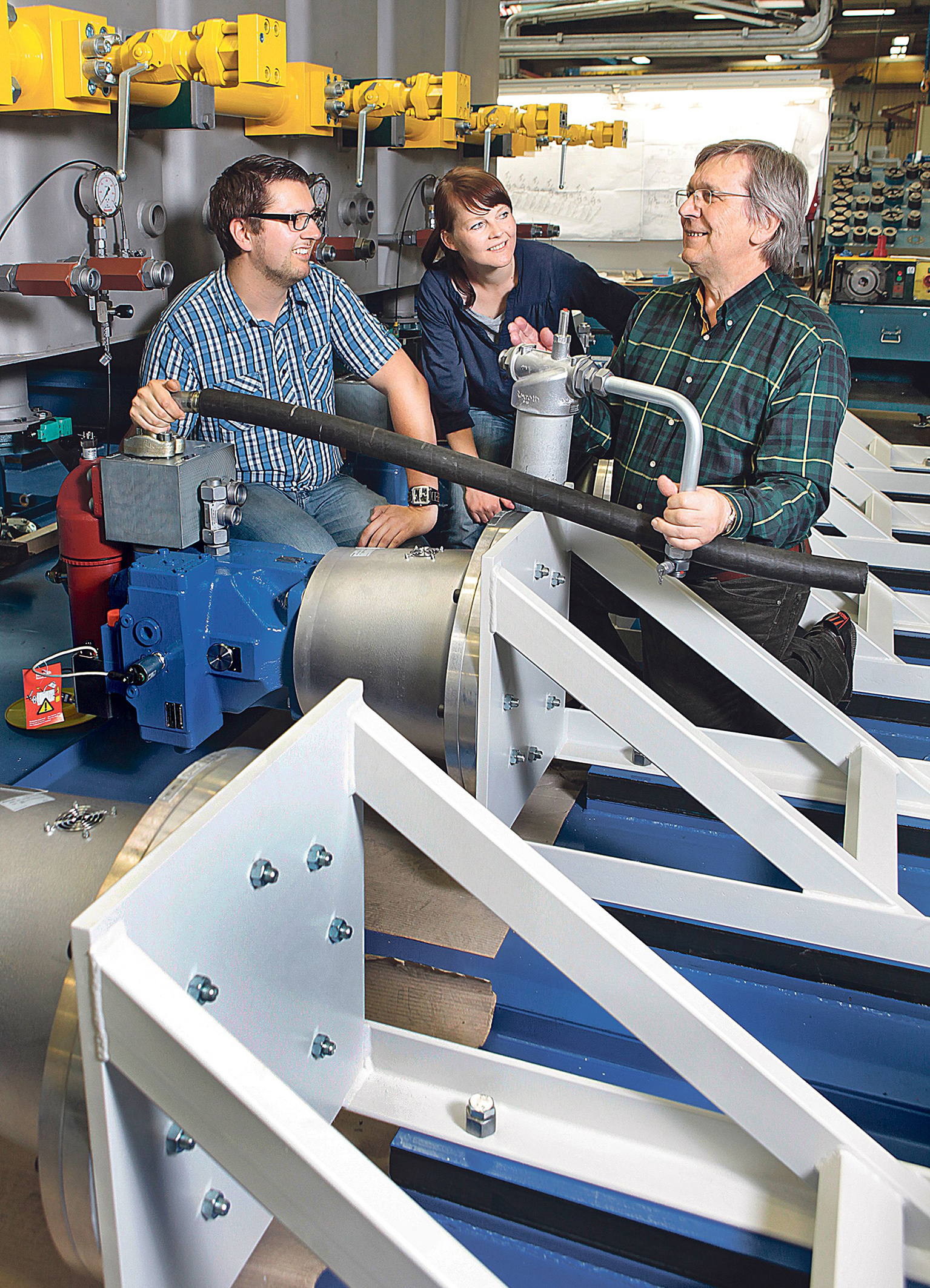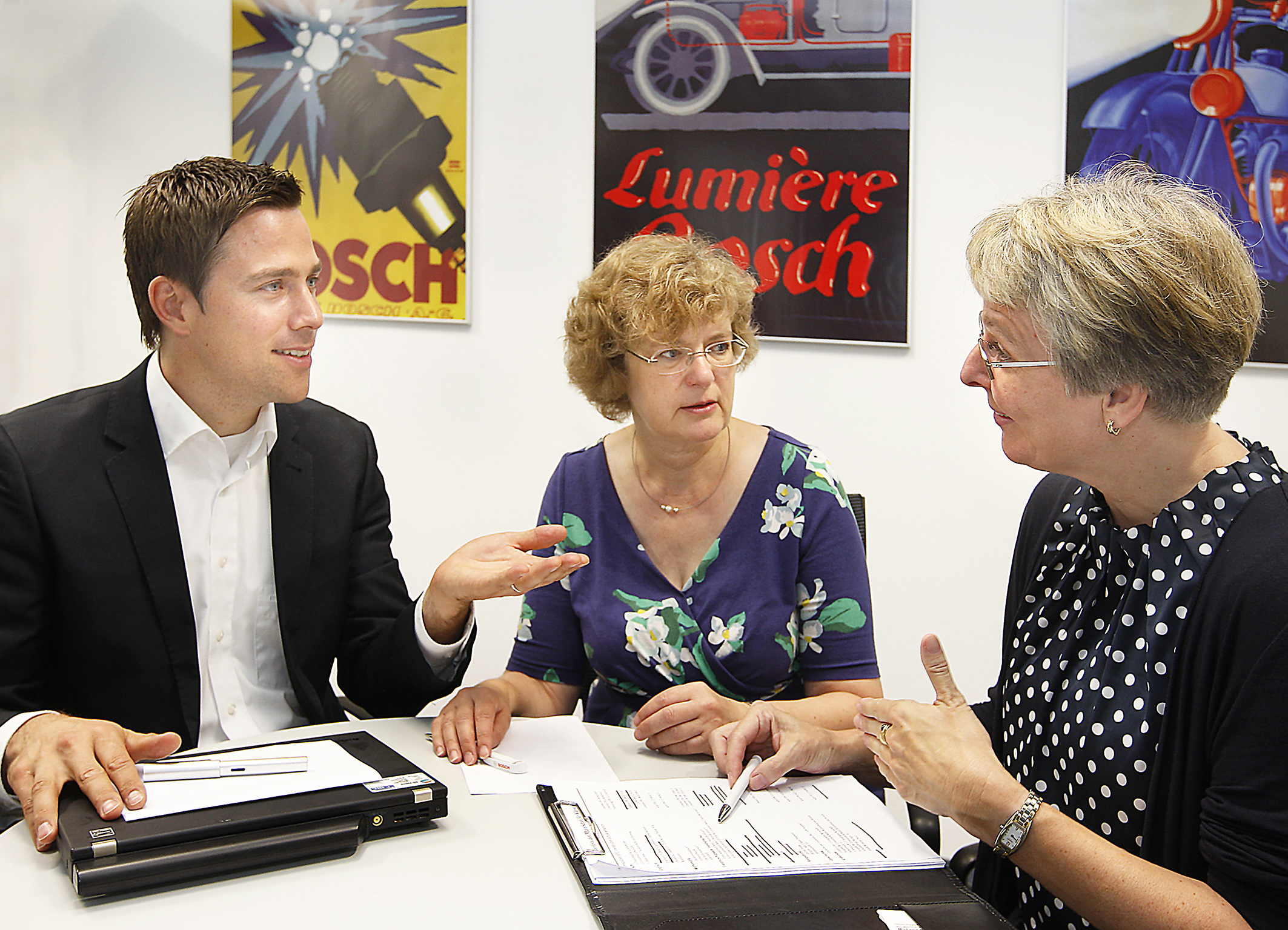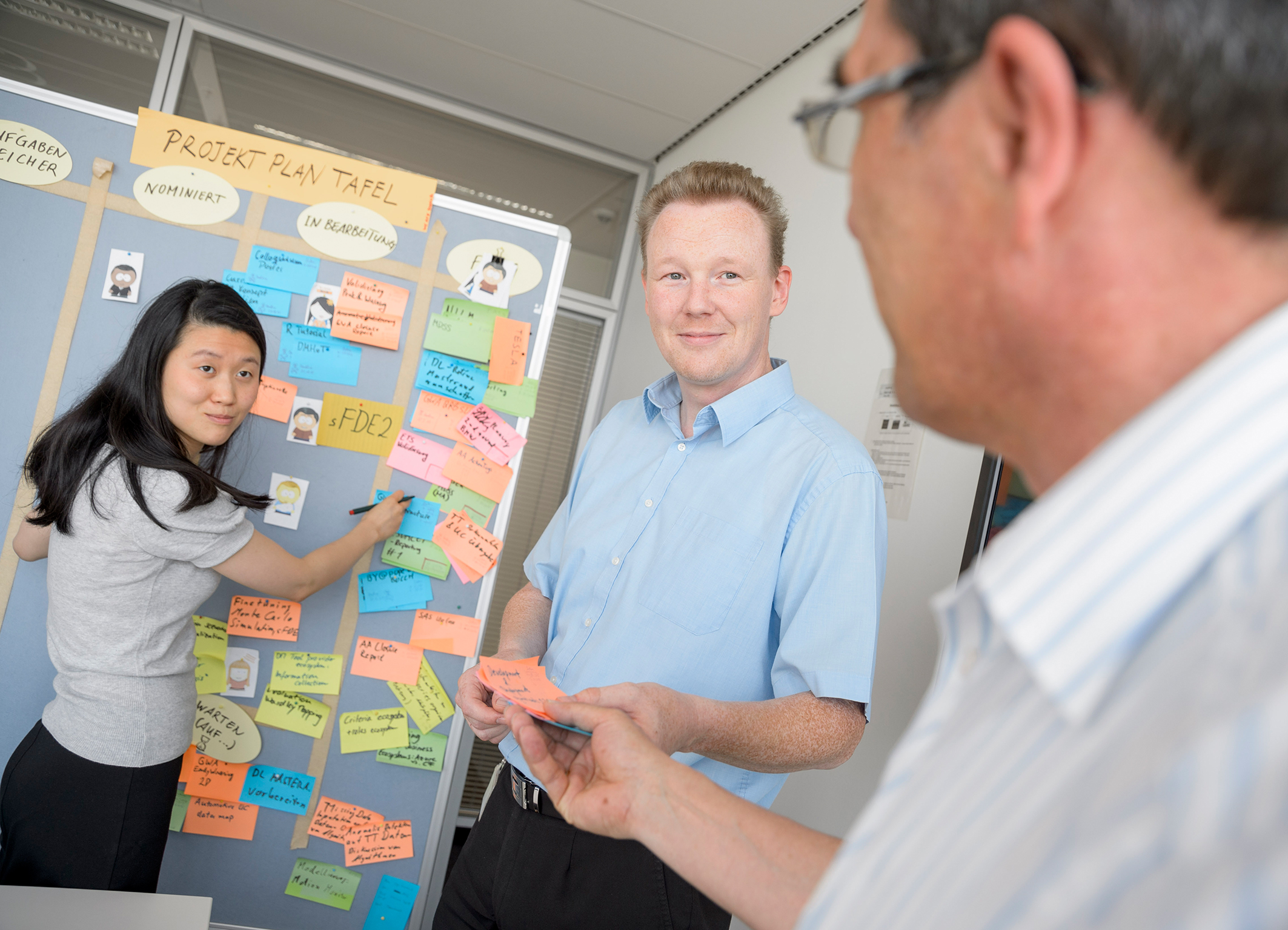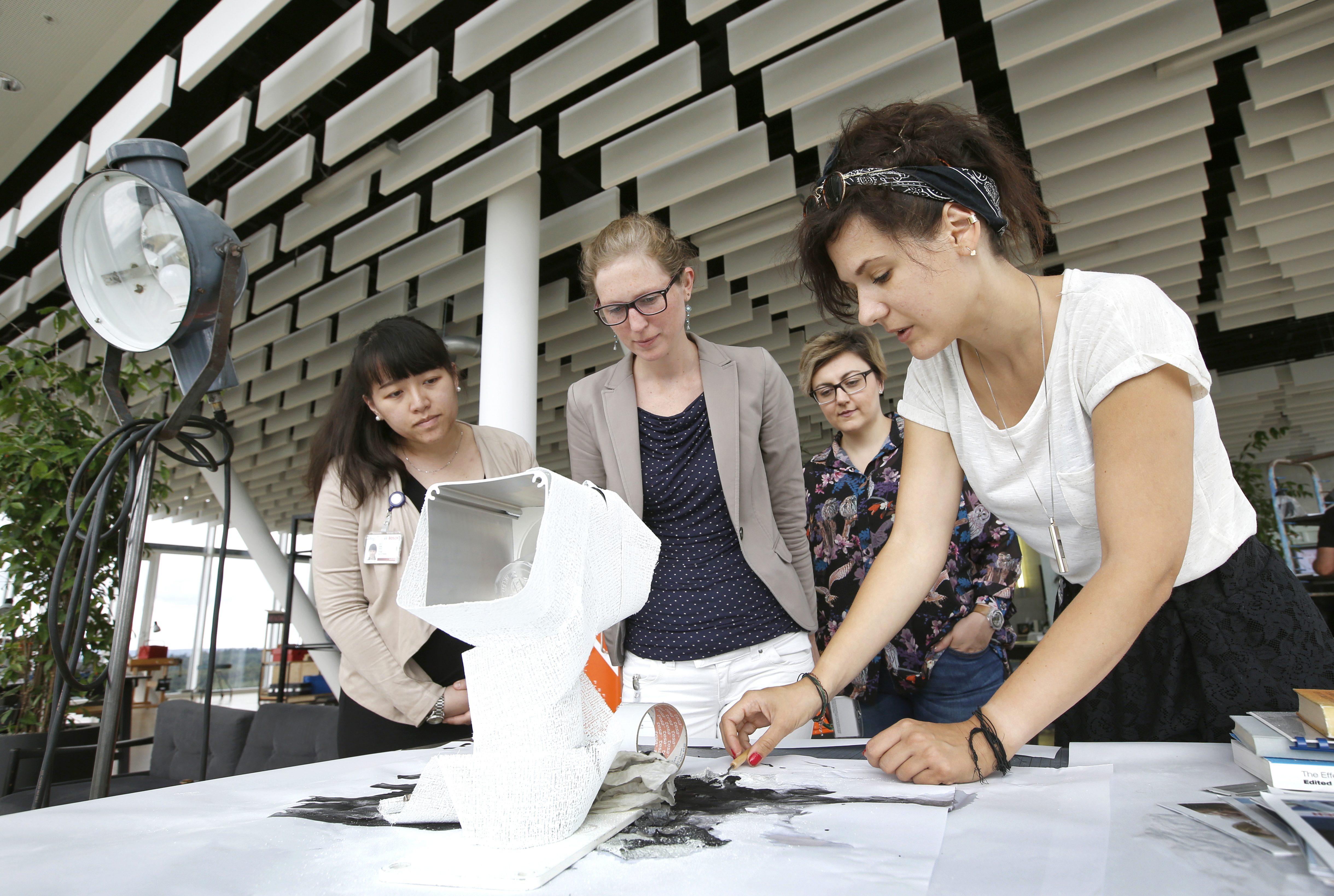Developing complex products for markets around the world is a process that benefits from a variety of perspectives, as having a mix of viewpoints sparks creativity and ideas. Robert Bosch, the company founder, recognized this early on and enshrined cultural diversity as one of his corporate values. Today, Bosch views diversity as potential that can be leveraged for the company’s success and as a crucial factor in its attractiveness as an employer. For this reason, diversity is an integral part of its corporate strategy. The definition of “diversity” is not limited to different cultural backgrounds or the ratio of men to women. Instead, it encompasses the full breadth of various mindsets, experiences, perspectives, and life models of all associates around the globe. Under the banner of “Diversity is our advantage,” Bosch seeks to foster a corporate culture in which all associates feel valued and which gives rise to innovativeness based on similarities as well as differences.
Bolstering diversity in four dimensions
Studies indicate that mixed teams perform better, are more innovative, have a better understanding of various markets, and can respond faster to changes. According to the “Innovation, diversity, and market growth” report, companies with diversity at the management level are 70 percent more likely to capture new markets. They are also 45 percent more likely to boost their market share, and are even 75 percent more likely to bring innovations to market. For a global supplier of technology and services like Bosch, these are key success factors. This is even more true in light of trends such as digital connectivity, emerging markets, and various kinds of demographic change around the world. Bosch has set four priorities in its efforts to enhance diversity at the company: gender, nationality, age, and working culture.
Gender and nationality: building on a wide range of perspectives
The success of this strategy is clear to see throughout the company. One of the first milestones in its diversity management was the women@bosch network, founded in 1995. Women now make up more than a quarter of the Bosch workforce. Mixed teams develop groundbreaking innovations, such as the Bosch Ixo, a compact cordless screwdriver: the world’s best-selling power tool is no longer confined to the basement workshop, but has become a device in the home. Associates from over 150 countries work together at Bosch locations worldwide. One example of this collaboration is automated driving, a key project for the Mobility Solutions business sector; it is currently undergoing testing in Germany, Japan, the U.S., and soon in China, too. The developers and engineers working on the project represent all age groups and come from Germany, the U.S., India, and Italy, to name just a few countries. Bosch fosters this intercultural exchange with some 7,300 international assignments each year, as well as language courses and intercultural training.
Age: combining development and experience
Expertise is not a question of age – it is the combination of practical experience and fresh ideas that counts. That is why at Bosch, up to five generations work side by side. Associates who have retired can still apply their expertise, often earned over the course of several decades at Bosch. In 1999, the company established Bosch Management Support GmbH, which coordinates the consulting services of retired associates on limited-term projects throughout the Bosch Group. Its aim is to retain Bosch expertise and allow younger associates to benefit from the experience of senior experts. All told, those in the expert pool have over 40,000 years of experience.
In addition, Bosch invests some 250 million euros in occupational training and professional development each year, and offers its workforce a comprehensive health promotion program. The objective of health management at Bosch is to maintain and boost the health – and in turn, the performance – of its workforce.
Working culture: what we need to foster diversity
Another challenge in fostering diversity lies in meeting each associate’s individual needs. These can change depending on their current stage of life, cultural background, or career path. Bosch responds to these needs with a range of working models tailored to different life stages, as well as the option of working flexibly and remotely. This offers associates an optimum way to achieve their professional and personal goals.
Bosch’s “Guidelines for a flexible and family-friendly working culture,” first introduced in Germany, have since been rolled out to many other countries in which Bosch is active. Flexitime and teleworking make daily life easier for parents or associates who are caregivers, and sabbaticals provide a period of time away from work. The purpose of the guidelines is to promote a working culture that provides associates with the necessary freedom and in which the focus is on their results, not the time they spend in the workplace.
Not all markets are subject to the same social conditions, which calls for different approaches. In Brazil, for example, parents at the Curitiba location have had access to onsite daycare since spring 2016 – the first such facility in Latin America. Associates in Germany who wish to split their position with a colleague via job sharing or part-time work can find each other using JobConnector, an inhouse online platform. Locations in other countries have introduced new options such as working from home.
Strengthening awareness of diversity
However, appreciation of the advantages of diversity management and a thoughtful approach to biases and prejudices that may be unconscious are not necessarily a matter of course. Bosch therefore employs measures that further raise awareness of the benefits diversity offers for associates and for the success of the company. Diversity training and mentoring programs help managers take action specifically to promote diversity in their teams. Besides the first network, women@bosch, a host of other networks have been established to facilitate dialogue and thus foster diversity. These include afric@bosch, chinese@bosch, 50plus@bosch, family@bosch, and the Turkish Forum Bosch. The company also engages with society at large through its participation in initiatives such as “Wir zusammen” (“All together”), which supports refugee integration, and “Chefsache” (“Executive agenda”), which promotes equal opportunities for men and women.
Bosch has received several honors for its diversity management efforts, such as the trendence Employer Branding Award in the diversity category for Germany (2016 and 2017), and the Private Company Supporting Women in Business Award in Turkey (2015).
Internet:
Fact sheet on diversity at Bosch
Bosch as an employer: https://www.bosch-career.de/en/
Diversity at Bosch: www.bosch-career.de/en/bosch_arbeitgeber/vielfalt/unternehmenskultur_58
Senior experts at Bosch: http://bit.ly/2rm8QO8 (German only)
Chefsache initiative: www.initiative-chefsache.de/en
Wir zusammen: www.wir-zusammen.de (German only)
Charta der Vielfalt (Diversity Charter): www.charta-der-vielfalt.de/en
Study Innovation, diversity, and market growth study: http://bit.ly/1jfX08p
About Bosch
The Bosch Group is a leading global supplier of technology and services. It employs roughly 400,500 associates worldwide (as of December 31, 2017). According to preliminary figures, the company generated sales of 78 billion euros in 2017. Its operations are divided into four business sectors: Mobility Solutions, Industrial Technology, Consumer Goods, and Energy and Building Technology. As a leading IoT company, Bosch offers innovative solutions for smart homes, smart cities, connected mobility, and connected industry. It uses its expertise in sensor technology, software, and services, as well as its own IoT cloud, to offer its customers connected, cross-domain solutions from a single source. The Bosch Group’s strategic objective is to create solutions for a connected life, and to improve quality of life worldwide with products and services that are innovative and spark enthusiasm. In short, Bosch creates technology that is “Invented for life.” The Bosch Group comprises Robert Bosch GmbH and its roughly 450 subsidiaries and regional companies in some 60 countries. Including sales and service partners, Bosch’s global manufacturing, engineering, and sales network covers nearly every country in the world. The basis for the company’s future growth is its innovative strength. At 125 locations across the globe, Bosch employs 62,500 associates in research and development.
The company was set up in Stuttgart in 1886 by Robert Bosch (1861-1942) as “Workshop for Precision Mechanics and Electrical Engineering.” The special ownership structure of Robert Bosch GmbH guarantees the entrepreneurial freedom of the Bosch Group, making it possible for the company to plan over the long term and to undertake significant up-front investments in the safeguarding of its future. Ninety-two percent of the share capital of Robert Bosch GmbH is held by Robert Bosch Stiftung GmbH, a charitable foundation. The majority of voting rights are held by Robert Bosch Industrietreuhand KG, an industrial trust. The entrepreneurial ownership functions are carried out by the trust. The remaining shares are held by the Bosch family and by Robert Bosch GmbH.
Additional information is available online at www.bosch.com, iot.bosch.com,www.bosch-press.com, www.twitter.com/BoschPresse

